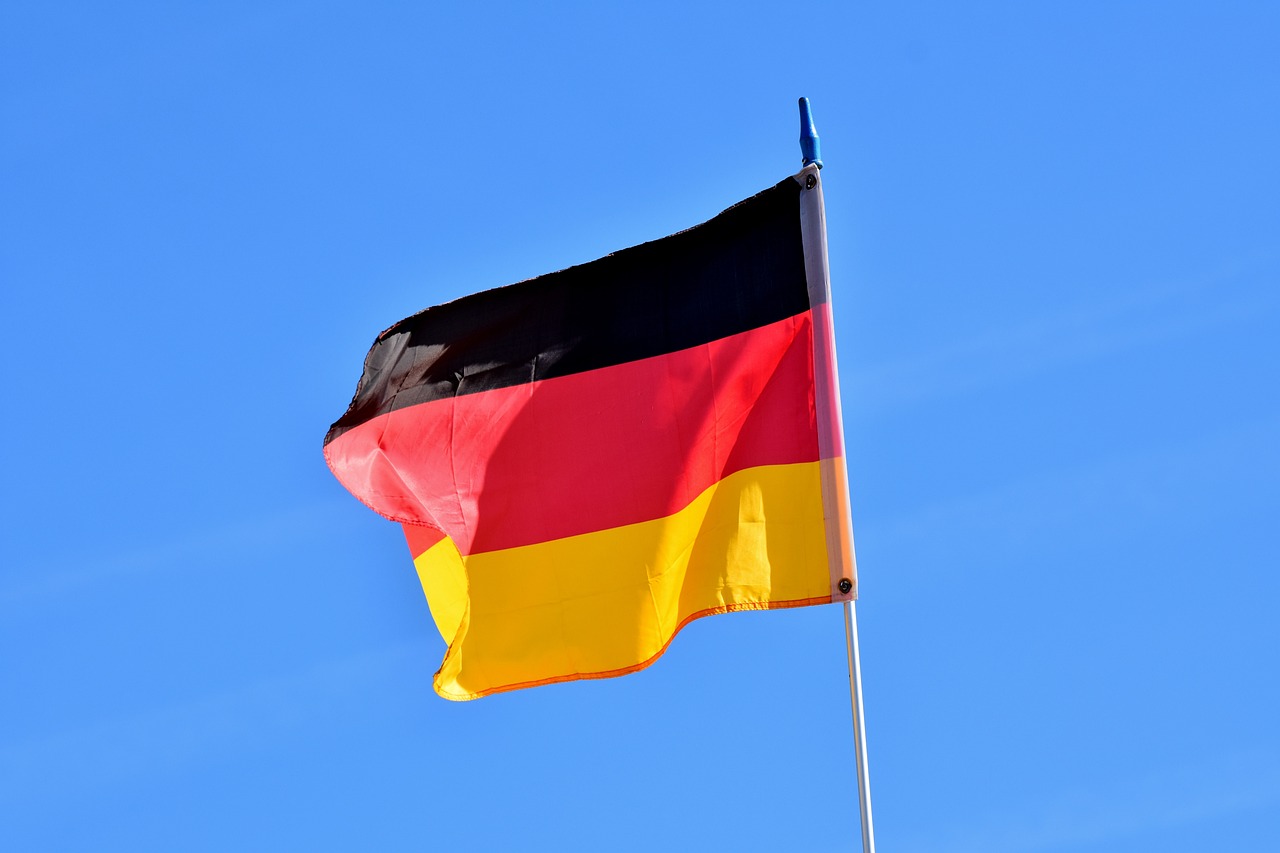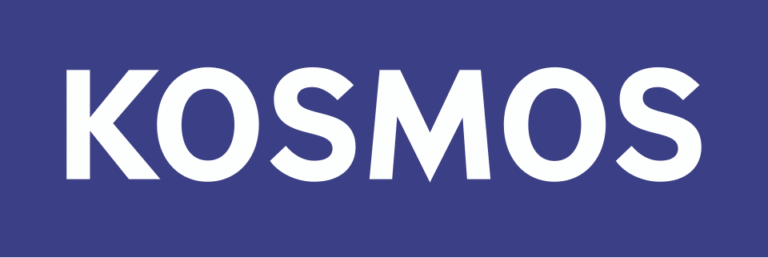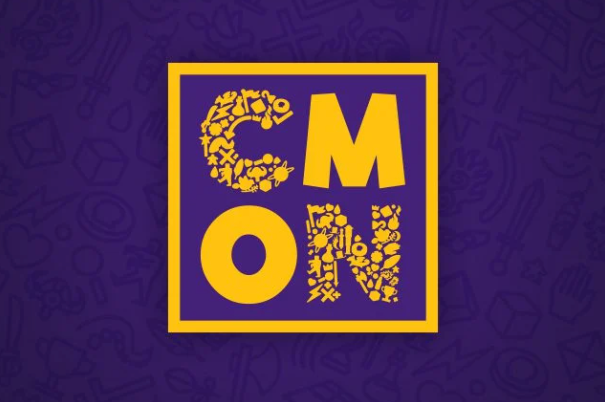
German board game market back to growth after 2022 slump, Pokemon helps TCGs boom
Board game sales in Germany, one of the world’s biggest tabletop markets, grew 6% in the year to August as the industry bounced back from a slump in 2022, new data from German trade association DVSI shows.
Sales for board games and puzzles in the country fell 5% last year amid ongoing fallout from the Covid-19 crisis, such as supply chain issues and elevated raw materials prices, as well as high inflation and interest rates weighing on consumer purchasing power.
But the segment has bounced back handsomely in the eight months to the end of August according to the new report from the Deutscher Verband der Spielwarenindustrie.
Trading card games were far and away the standout segment, surging more than 45% compared to the previous year, driven by what DVSI described as the “ongoing Pokemon trend”.
Germany, traditionally a strong market for toy and board games, has seen sales of games and puzzles almost double since 2014 amid a huge expansion in the range of products on offer and a surge in the online market.
DVSI said in a press release, “Germany is in a downturn. Industry and consumption are only recovering slowly. Consumer restraint, continued high inflation and energy prices as well as war-related uncertainties are dampening consumer sentiment and leading to low sales in many industries. The reason is obvious.
“No other European country has benefited so massively from cheap energy and no other country owes its prosperity so much to exports. No other country therefore has to make such efforts to achieve the transformation.
“Despite the general economic weakness – experts expect growth of around 1.3% for 2024 – games and puzzles were able to escape the economic downturn.
“This shows once again that play and games are not only to be evaluated under economic and business categories, but also have a value in themselves.
“This is underlined by the current DVSI survey. 73% of respondents said that gaming in general is central to social interaction and developing a sense of community. 62% believe it contributes to personal development and 60% are even convinced that playing helps with health and well-being. The fun factor follows in fourth place with 56% – a little surprise.”
DVSI said game publishers were expecting a positive development for the upcoming Christmas business, which accounts for around 40% of annual sales in the toy trade.
Hermann Hutter, first chairman of Spieleverlage, said, “Wages have risen significantly. That should brighten consumer sentiment.”







[…] board game segment was already on track to undo the damage caused by 2022 in August of last year – but DVSI said at the time that game publishers were expecting a further positive […]